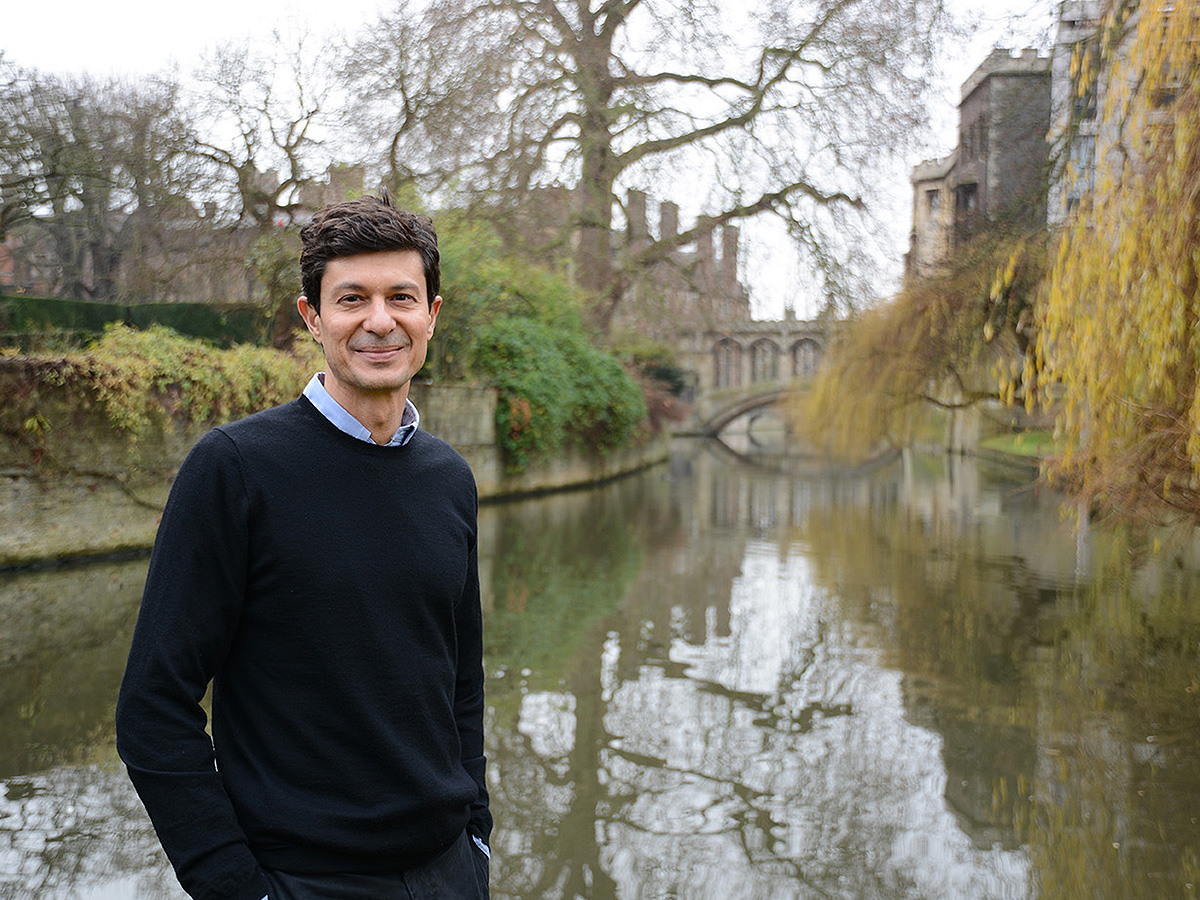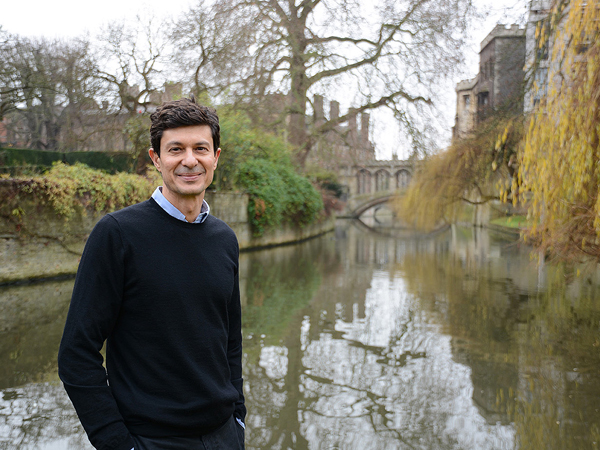The Infosys Prize 2016 for Social Sciences (Economics) is awarded to Prof. Kaivan Munshi in recognition of his remarkably deep analysis of the multifaceted role of communities, such as ethnic groups and castes, in the process of economic development.
Infographic:
On Social Networks and Economic Efficiency
Scope and Impact of Work
Prof. Kaivan Munshi's research career has been largely devoted to understanding the role of communities and social networks in the process of economic development. He is a global leader in this area of research. His work on social networks and mobility brings together theory and data in ways that help us understand patterns of economic development in a variety of settings, historical as well as contemporary. His research stands out for the attention he devotes to the institutional and historical backdrop, while subjecting the data to rigorous econometric scrutiny.
Prof. Munshi's early research focused on social learning in the adoption of new agricultural technology, the role of social norms in the fertility transition, and the use of networks by migrant communities to provide access to destination labor markets. This research provided credible empirical evidence that social norms and community-based networks had large effects on individual decisions and outcomes, going beyond the existing qualitative work of historians and other social scientists. For instance, his 2003 paper, in the Quarterly Journal of Economics, on Mexican labor market networks in the U.S was extremely influential. In this paper, using past rainfall at the village of origin as a source of exogenous variation for the size of the network, he showed using a level of rigor rarely seen before how having a larger network of people from the same Mexican village of origin helped migrants find jobs in the US.
Several of Prof. Munshi's papers co-authored with Mark Rosenzweig have demonstrated the importance of caste-based networks for a number of aspects of life -- marriage, education, informal insurance, and spatial and occupational mobility -- which are key determinants of long-run economic outcomes. Their work highlights the double-edged effect of social networks. For instance, Munshi and Rosenzweig (American Economic Review, 2016) show how caste-based communities offer social protection in the absence of formal insurance, but by doing so, restrict spatial mobility and increase geographic misallocation of labor.
In other work, Prof. Munshi has shown the importance of community networks in Kenya, Bangladesh and the United States, on each occasion paying careful attention to the historical and institutional setting. This research examines the impact on jobs, health services and political decisions, among other consequences of group-level interactions, his 2014 paper in the Journal of Economic Perspectives providing a masterly overview of the body of work.
Bio
Since 2013, Prof Kaivan Munshi has been the Frank Ramsey Professor of Economics at the University of Cambridge, England. Prof Kaivan Munshi received his B. Tech in Civil Engineering from the Indian Institute of Technology in Bombay, a Master's from UC Berkeley and a PhD in economics from MIT in 1995. Prior to joining Cambridge University, he held teaching positions at Boston University, the University of Pennsylvania, and Brown University.
He is a Research Associate of the Harvard-Cambridge Joint Centre for History and Economics, and research fellow at the Institute for Fiscal Studies (IFS), the Institute for the Study of Labor (IZA), the Centre for Economic Policy Research (CEPR) and the Centre for Research and Analysis of Migration (CReAM).
Timeline
Jury Citation
Prof. Kaivan Munshi has accumulated an impressive body of research organized around themes of social networks, and occupational and spatial mobility, and their implications for long-run economic outcomes.
This work is important because, when markets function imperfectly, networks of socially connected individuals can both hinder and enhance economic efficiency in complex ways.
His research brings theoretical and empirical analysis to bear on the above topics and does so by using a combination of rigorous econometric analysis and attention to social and historical detail that is rare in economics.
"His research has enhanced our understanding of the role of community networks in promoting and, in other ways, also hindering economic development. It is his outstanding talent for combining attention to historical and institutional detail with rigorous statistical analysis that makes his research so durable and influential."




